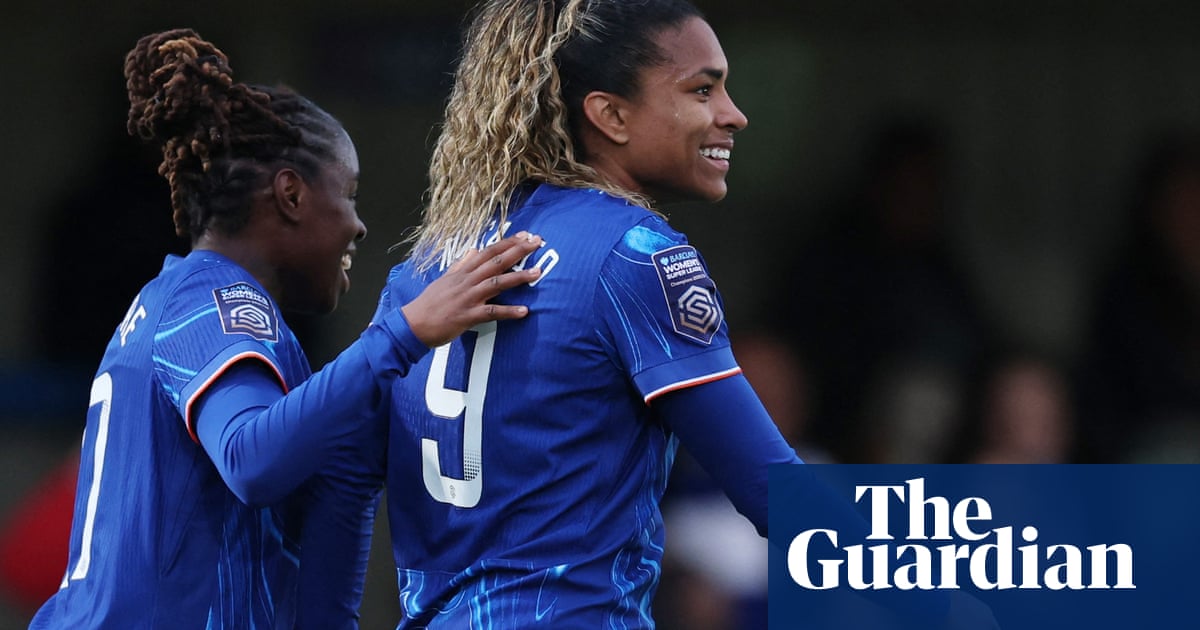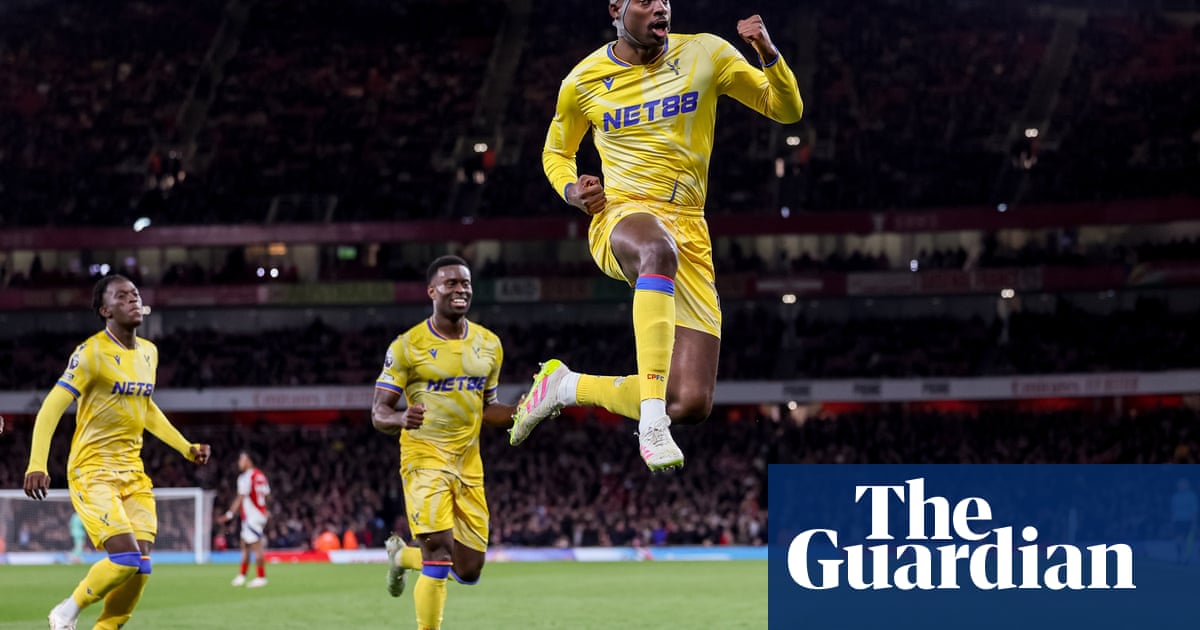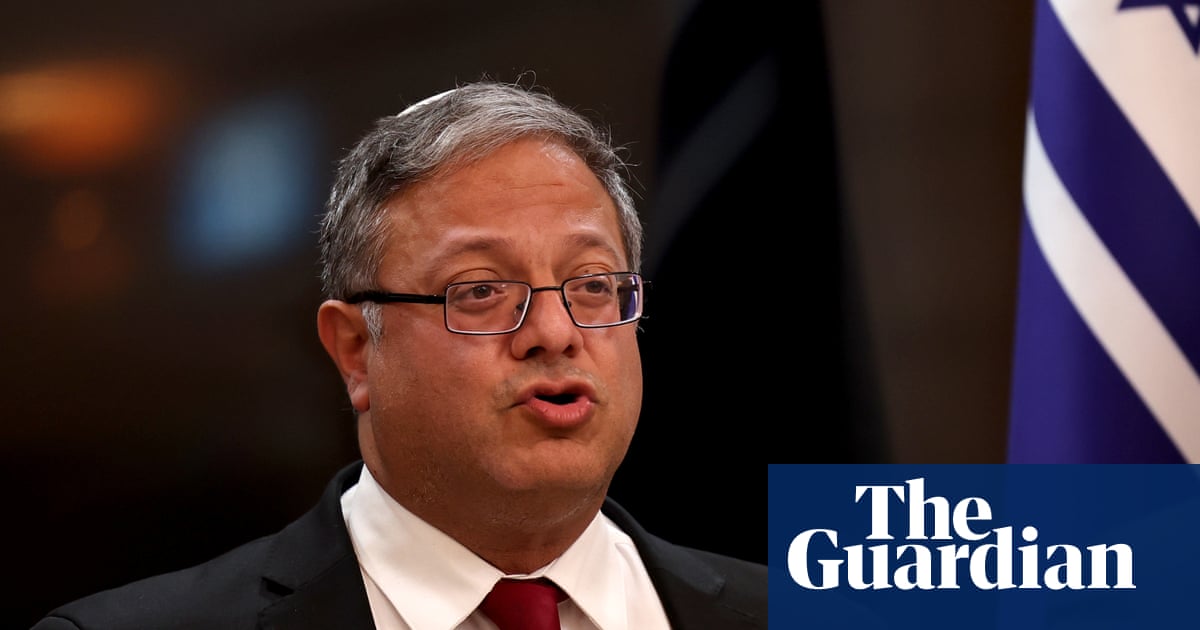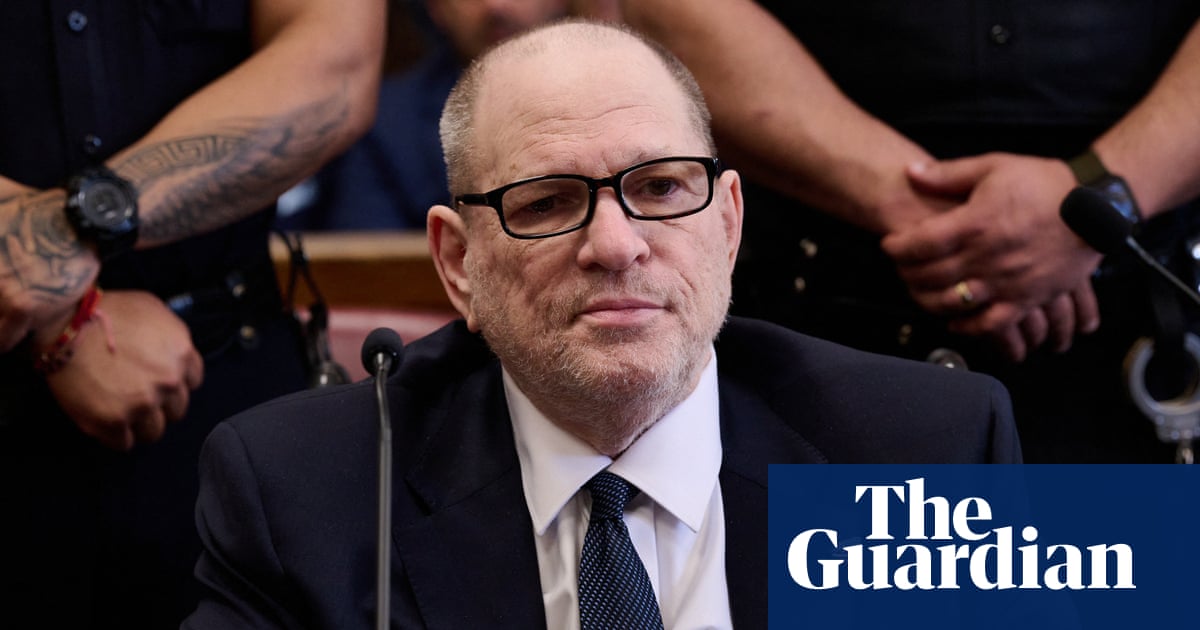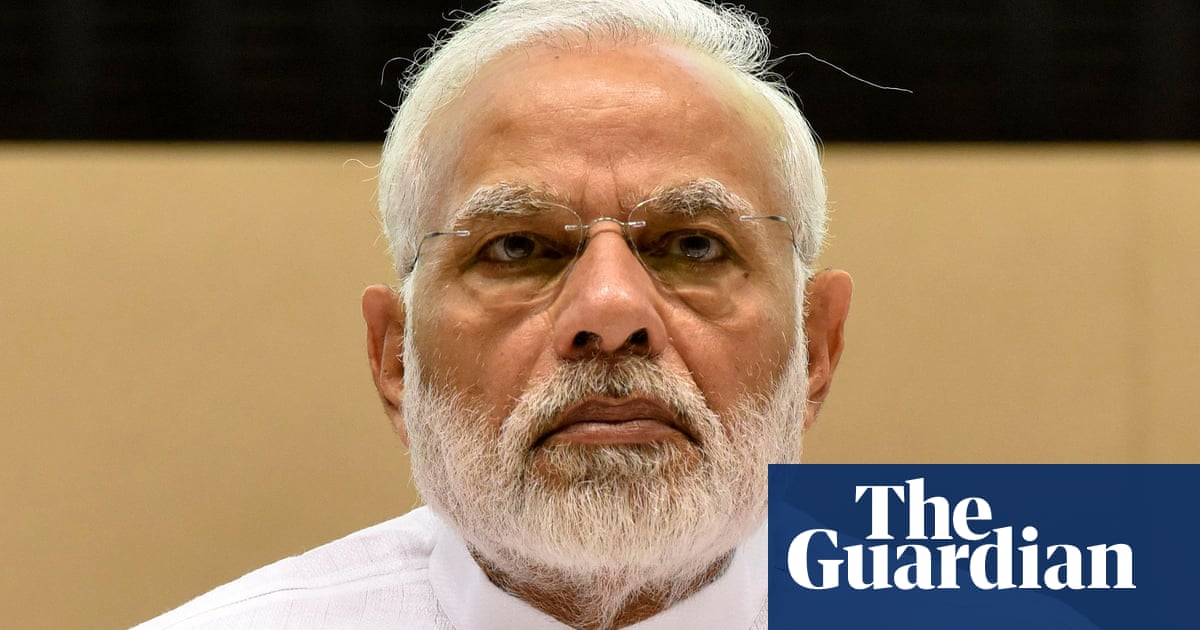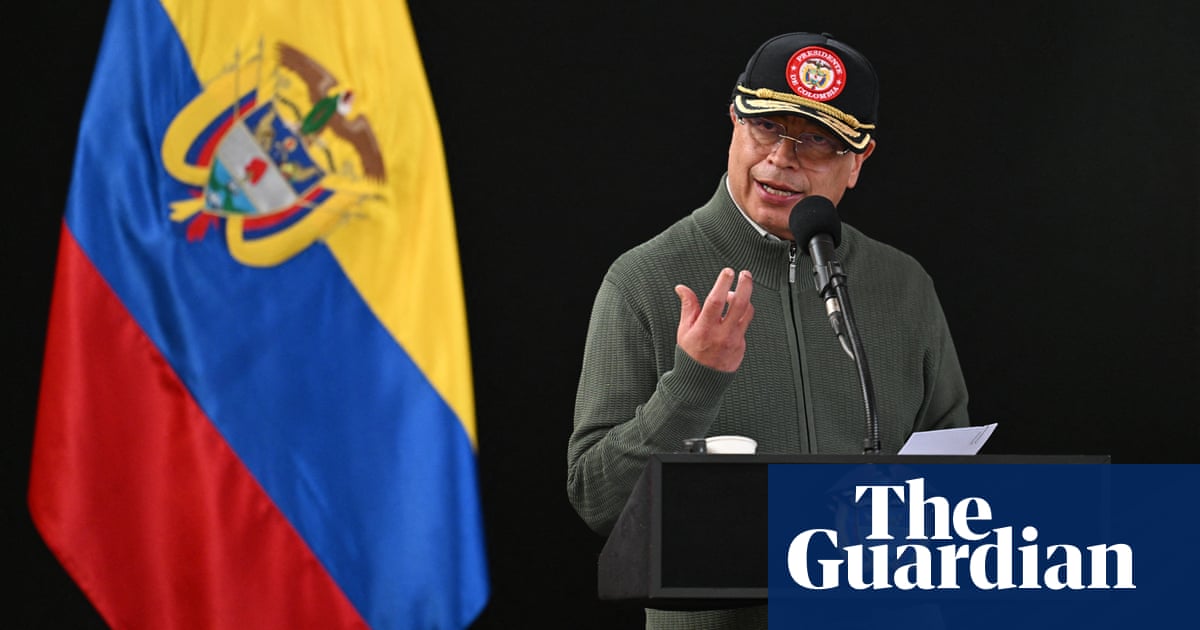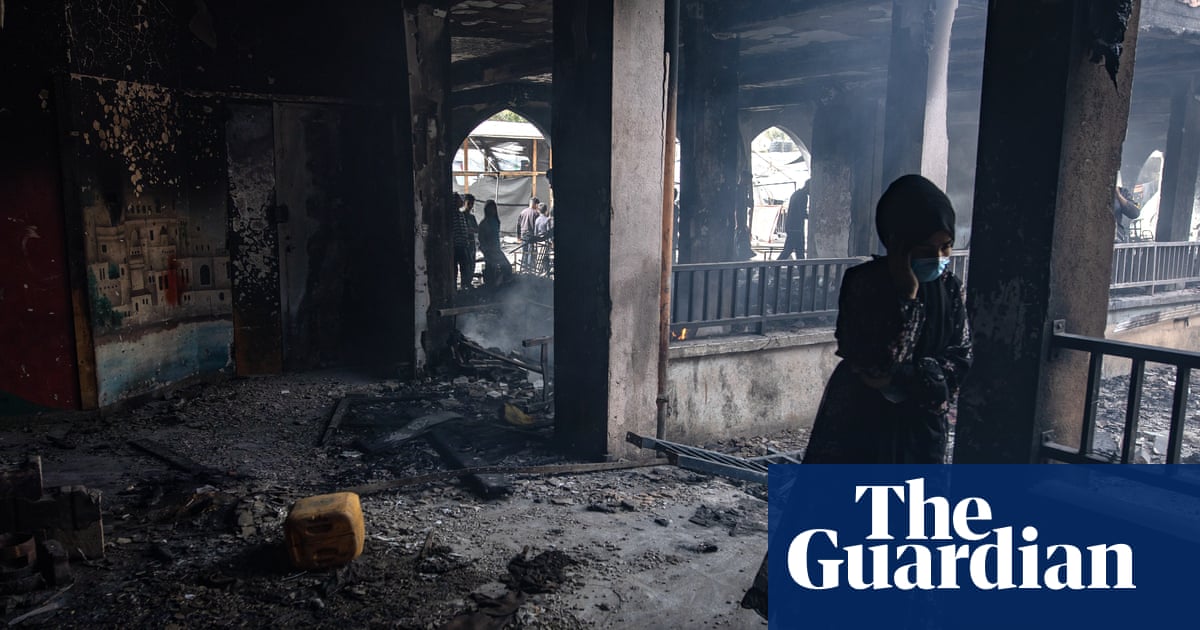Diana Evans has written four novels, beginning with 26a, which follows twin sisters of Nigerian descent through their Neasden childhood, in north-west London, into an early adulthood marked by mental illness and bereavement. A cosy coming-of-age it was not, for all that it co-opted the comic tropes of intimate family life, and the startling cultural collisions inherent in second-generation immigrant identity. I was one of the judges of the inaugural Orange award for new writers in 2005, which Evans won, and recall how impressed our panel was by her ability to blend myth and mundanity, trauma and optimism, and perhaps particularly by how alive she was to the exigencies and bewilderments of existing as a questioning individual within a group itself under pressure.
The essays in this collection – some of them recent and original, others pieces of journalism to which Evans has occasionally added later perspective and qualification – provide much context to her fiction. This has included The Wonder, which explored the development of Caribbean-influenced dance in the UK, and two loosely linked later novels, Ordinary People (2018) and A House for Alice (2023), which ranged in topic from middle-class marital disenchantment to the aftermath of the Grenfell disaster and the realities of dealing with ageing parents.
Only some of the context is straightforwardly biographical, and its greater interest even then is in the metamorphosis that both Evans and her “material” have undergone to find expression in her novels. In an essay on Jean Rhys, she recalls the brutal evolution of 26a following the death by suicide of her own twin sister, and her resistance to the frequent question: was it cathartic? “It appears to imply,” she notes, “that the intention in crafting a story drawn from the personal is innately healing, and that the approach to doing so is self-serving, rather than an outward offering.” Instead, she adds, writing often postpones any potential healing, although “the excitement of this imaginative act was what may have been cathartic, the idea that a creative magic could be culled from devastation”.
Thinking about Rhys and her peripatetic, rackety life leads Evans to interrogate the ways in which writers of fiction might reach their own particular method of “psychological enunciation”. It’s a delicious counterpoint to Evans’s fondness for John Updike; crediting his novel Couples with influencing Ordinary People, she describes what might legitimately be called a guilty pleasure, weighing the erasing masculinity of his work against the sentences “like hot-air balloons drifting through a dazzling harlequin sky”. It was also being alive to the domestic ease of the married protagonists of Couples that sparked Evans to ask: “How often do middle-class black people in books get to just live in their damn houses and open and close their wardrobes and be aware of each other’s fingertips?”
after newsletter promotion
In a piece about James Baldwin, Evans confronts the issue that faces many, if not most, non-white writers, and which Baldwin himself spent a career interrogating: the need to write about race versus the demand that he or she does so, the external pressure to confine any writer’s multiple internal voices to one loud shout. “It is the same lie that perpetually, almost unthinkingly, affixes the theme of race to the work of black writers whether or not they choose to write about race, implying that the work of white or non-black writers is not also about race, when of course it is,” she writes. That “almost unthinkingly” is interesting: is it generous, allowing white consciousness to claim ignorance, or castigatory, implying a willed and self-rewarding indifference? Perhaps it also contains a degree of pity: to read Baldwin though a monoprism, or writers such as Alice Walker, Dorothy West and Bernardine Evaristo, whom Evans also explores, is to limit not only the writer but the reader, too.
Evans’s writing is at its most suggestive and open-ended when she tackles creativity, family life or wider political events under her own aegis, rather than in the constrained expectations of a commissioned magazine profile. But that is the nature of the beast, and these pieces too yield insights. Taken as a whole, I Want to Talk to You is a pleasure and an invigoration.

.png) 2 months ago
52
2 months ago
52
